Tinnitus is a common difficulty with the sense of hearing. It occurs when you hear sounds without any outside noise causing them. The factors of this condition are complex and can involve many components, like excessive loud noise exposure, troubles within the ears, or mental stress.
The primary sign of tinnitus is a constant noise in the ears, such as ringing, buzzing, or humming sounds. Entities who have it customarily perceive these sounds as annoying, uncomfortable, and upsetting.
Tinnitus emerges in the body as a collection of complex interactions between systems for hearing, nerve networks, and thinking processes. Medical and research facilities think auditory nerve problems are related to sending signals, too much action in the cerebrum's cortex area, and harmful alternations in how central sound is processed. It might make peculiar sensations for people with tinnitus. These untypical phenomena might emerge as sounds that don't exist or variations in hearing, making it more challenging for the affected people to identify noises correctly.
In medical facilities, expert staff usually perform many ear exams to evaluate tinnitus. They test with miscellaneous tone sounds and watch how well the patient can understand spoken language. They also use an instrument to assess how the middle ear performs. They also ask people to fill out forms about how the ringing in their ears affects their daily jobs and general health.
There are several ways to deal with tinnitus, such as taking drugs, treatment tactics that involve listening to specific sounds or noises, and psychological approaches that encourage people to get less anxious and more used to having it around.
Even though research steadily continues, tinnitus remains a daunting medical problem because it varies and affects people in more than one way. To deal with it well, people need to use various faculties, such as hearing sciences, brain medicine, and mind studies, to encompass the many problems that people with this condition experience. Understanding how it works better and creating specific therapies could decelerate tinnitus troubles and improve the quality of life for those with this condition.
Across the world, a remarkable amount of people experience tinnitus. Studies prove that between 10 and 25 percent of adults![]() encounter signs of this condition at some point. The likelihood of experiencing tinnitus varies based on features such as a person's age, gender, and the nature of their daily existence and job. Additionally, it becomes more common for individuals to start hearing these noises in their ears as they age, with the sounds often staying over time.
encounter signs of this condition at some point. The likelihood of experiencing tinnitus varies based on features such as a person's age, gender, and the nature of their daily existence and job. Additionally, it becomes more common for individuals to start hearing these noises in their ears as they age, with the sounds often staying over time.
A Plethora of people experience tinnitus, but the reported figures fluctuate much as miscellaneous researchers apply varied tactics, focus on distinct populations, and have separate criteria for determining whether a person is affected by tinnitus. As such, agreeing on an accurate count of those with tinnitus proves challenging due to the subjective nature of personal accounts regarding their condition.

The weight of tinnitus changes a lot from one entity to another. For certain people, it's just a benign bother, but for others, it isn't very comforting and invades their everyday life comfort. For numerous individuals, tinnitus is an annoying noise they typically handle, similar to a constant sound that grows louder in quiet surroundings. Yet, for some, tinnitus significantly alters their quality of existence. It causes trouble with sleeping and concentrating and also brings feelings of being disturbed or agitated.
Many people see tinnitus as unjust because it can exacerbate mental health problems and disrupt their routine instead of causing actual physical damage. Even though tinnitus doesn't damage the organism directly, the stress that comes with it and the dilemma of sleeping can harm someone's holistic state of body and mind.
As mentioned, the origin of tinnitus can come from other health problems like ear troubles or nervous network systemic issues. In that case, it is very decisive to treat these primary conditions to prevent more threats to the sense of hearing. At times, when tinnitus shows up as a point of a more severe disease, it needs soon medical care and treatment.
Lastly, because each person perceives and feels tinnitus differently, it affects them in various ways. How someone deals with problems, the help they get from others nearby, and their capability to recover after difficulties can change how they emotionally approach and control the stress that comes with tinnitus.
Tinnitus can target organisms from any age group, but some features might make it more likely to happen:

Tinnitus can arise due to various causes, such as exposure to excessive noise or certain medical conditions. It customarily originates from high-volume sounds found in noisy work environments, attending concerts with loud music, or enjoying music at a high volume for personal enjoyment.
When a person listens to loud sounds for many hours, the fragile sectors in their ears can be breached. This damage could change how they hear sounds and make them perceive artificial ringing or buzzing noises in their ears.
Regarding the above, when someone sustains an injury to their head, it can lead to tinnitus symptoms. Damage to the ears or head can interfere with our hearing and cause a person to perceive sounds that are not there, like droning, hissing, or humming sounds.
Struggles with the ear–such as difficulty hearing, Otosclerosis, and Meniere's disease–may start or trigger tinnitus symptoms. These factors alter the job of your auditory organic network or affect components within the inner ear, leading to perceived sounds like ringing.
What's more, other medical struggles, such as heart disease, elevated blood pressure, and diabetes, can be linked with the beginning of a buzzing sound in a person's ears. These problems can alter blood circulation within the organism, which may affect the auditory system and trigger signs of tinnitus.
When a person experiences stress, anxiety, or unhappiness, the ringing in their ears may start or intensify. And if someone is considerably uncalm or anxious, they may perceive their tinnitus noise as louder and more profound.
To close this list–some drugs (such as special antibiotics, painkillers known as NSAIDs![]() , and medications for treating cancer) can occasionally cause tinnitus to be an unwelcome side effect. These medications affect the auditory or central nervous systems situated in the cerebrum organ, leading to the onset of tinnitus symptoms in entities more vulnerable to this condition.
, and medications for treating cancer) can occasionally cause tinnitus to be an unwelcome side effect. These medications affect the auditory or central nervous systems situated in the cerebrum organ, leading to the onset of tinnitus symptoms in entities more vulnerable to this condition.

Tinnitus can result in miscellaneous signs that may influence an individual's overall health and well-being:
To know whether a patient has tinnitus, experts in the audiology faculty require an extensive examination. They inquire about diverse data such as the onset time of ear ringing, its duration, the type of noise experienced, and any extra medical conditions or potential causes for this issue.
After examining the patient's health history, they perform a detailed examination. They inspect the inner part of the ear canal and eardrum using an otoscope to identify any issues or sicknesses. Then, experts typically conduct hearing exams by having people listen to many sounds and interpret spoken language, which allows us to assess their auditory capability and determine if they experience any hearing impairment alongside tinnitus.
Physician pros have the expertise to evaluate the severity of an individual's tinnitus and its impact on their everyday activities through varied means like questionnaires or by requesting patients to convey their experiences. This approach aids in comprehending the challenges faced due to tinnitus and comes in handy in devising an appropriate treatment strategy.
Customarily, members of the medical staff must perform additional examinations to understand the cause of someone's tinnitus or to investigate if there is an issue within the ear. They can utilize imaging techniques such as MRI or CT scans![]() to determine any abnormalities in the cerebrum or in the components involved in hearing.
to determine any abnormalities in the cerebrum or in the components involved in hearing.
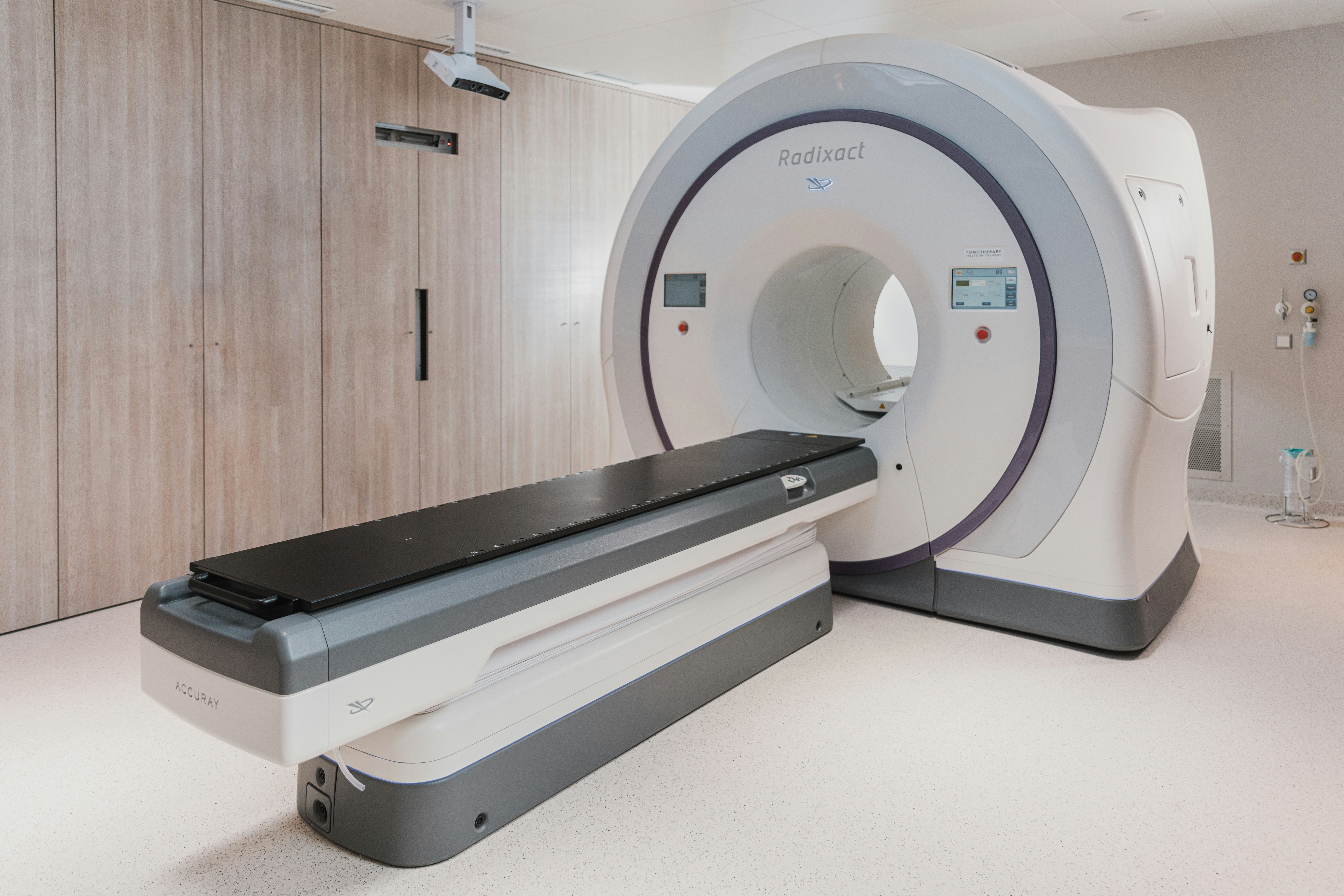
Regarding the noise in the ears, we have various ways to reduce signs and help people manage this situation more effectively. A unique treatment that is effective for all with tinnitus does not exist. However, various methods exist to manage the symptoms and reduce their impact on a person.
A common approach involves treatments that utilize sound to produce external noise, aiding in distracting from or masking the sounds experienced because of tinnitus. These might be machines that produce a steady noise, such as white noise, or devices built to create various sounds.
Moreover, some hearing aids come with special functions for sound therapy, offering soothing sounds that assist people in becoming accustomed to the buzzing in their ears caused by tinnitus.
Cognitive-behavioral therapy![]() , or CBT, is frequently selected to assist individuals experiencing tinnitus. Its purpose is to modify the negative thinking and behaviors resulting from the stress related to tinnitus. CBT aims to educate individuals on managing their condition through relaxation techniques, restructuring of thoughts, and improved stress management to lessen its impact on daily living.
, or CBT, is frequently selected to assist individuals experiencing tinnitus. Its purpose is to modify the negative thinking and behaviors resulting from the stress related to tinnitus. CBT aims to educate individuals on managing their condition through relaxation techniques, restructuring of thoughts, and improved stress management to lessen its impact on daily living.
Persons experiencing tinnitus alongside anxiety or sleep disturbances might receive advice from their physician to try medication. While no drugs are specifically tailored for tinnitus, those typically prescribed for depression or anxiety can occasionally alleviate the discomfort associated with this condition and enhance overall well-being.
Additionally, individuals experiment with various treatments, such as acupuncture, mindfulness meditation, or increasing vitamin intake, to manage the buzzing in their ears. However, the effectiveness of these approaches varies from person to person, and further studies are necessary to determine their true efficacy in addressing tinnitus.
Also, it is necessary to pay attention to medical problems that might be the cause of tinnitus, such as troubles with the ears or diseases of the heart. Addressing these health concerns can help make tinnitus treatments more effective. Physicians resort to medication or perform operations to manage these medical conditions and reduce the ringing in the ears.

The level of betterment for a person with tinnitus can be very different from one to another. It is reliant on what has caused it, how severe their symptoms are, and how they react to the different kinds of treatment available. Many people have tinnitus for a long time, and the loudness of it can change. Some might find that their tinnitus goes away by itself or doesn't bother them so much after a while, especially because of changes in how well they can hear for just a little bit of stress that does not last very long.
Additionally, how well people manage tinnitus can change the result by lessening symptoms and helping them deal with it better. Even though there is no single cure for everyone with tinnitus now, different ways of treatment, like therapy using sounds, training to change thoughts and behaviors, and medicine, can make its effects on everyday living and general health smaller for lots of people.
Furthermore, continuing studies that try to discover the main causes of tinnitus and create new ways to treat it bring hope for better results and a clearer view of how we will handle it in times ahead. Researchers are focusing on certain body processes that cause tinnitus and how it is felt to make treatments that work better for different people with this problem.
If suddenly you start to hear ringing in your ears, find it difficult to hear properly, feel very dizzy, get an intense headache, or see signs that might suggest problems with the brain, it is crucial to go for medical help right away as these could be indicators of big health issues needing quick check and treatment. Also, if you have tinnitus after hitting your head or hearing an immediate loud sound, that greatly impacts how well you can hear immediately.
Medical workers must quickly check to ensure that the parts inside the body used for hearing are not harmed. Also, if someone with ringing in their ears keeps vomiting, passes out, or shows signs of being sick with an infection, they should get medical help right away. This will take care of problems and ensure the condition is treated correctly. When such things happen, going for urgent medical help can find out and deal with health problems causing tinnitus, which helps recover faster.
It is essential to begin promptly to prevent tinnitus, decrease exposure to factors that might provoke it, and take care of your hearing health.
Keeping a distance from excessive noise is crucial since such sounds frequently result in tinnitus. Wearing earplugs or earmuffs![]() in noisy environments can reduce the loudness and decrease the likelihood of experiencing ringing in your ears from excessive noise. Lowering sound levels while wearing headphones or attending concerts could prevent damage to your hearing and avoid causing tinnitus.
in noisy environments can reduce the loudness and decrease the likelihood of experiencing ringing in your ears from excessive noise. Lowering sound levels while wearing headphones or attending concerts could prevent damage to your hearing and avoid causing tinnitus.
Moreover, dealing with health issues that increase the risk of developing tinnitus, such as infections in the ear or diseases of the heart and blood vessels, can help prevent or diminish its symptoms. Regular medical check-ups and managing chronic diseases may enhance overall well-being and reduce the likelihood of experiencing tinnitus or aggravating it if you already suffer from it.
Furthermore, healthy habits like consuming a variety of foods, regularly exercising, and managing stress can maintain ear health and reduce the risk of tinnitus. It is recommended to decrease alcohol consumption and quit smoking, as these activities might damage the blood vessels and heighten the likelihood of experiencing tinnitus.
When people understand the reasons for tinnitus and practice safe listening at home and work, they can begin safeguarding their hearing from an early stage. By applying these preventive techniques and concentrating on healthy ear practices, there's a possibility of reducing the risk of experiencing tinnitus and maintaining ear health for many years.
Table of Contents
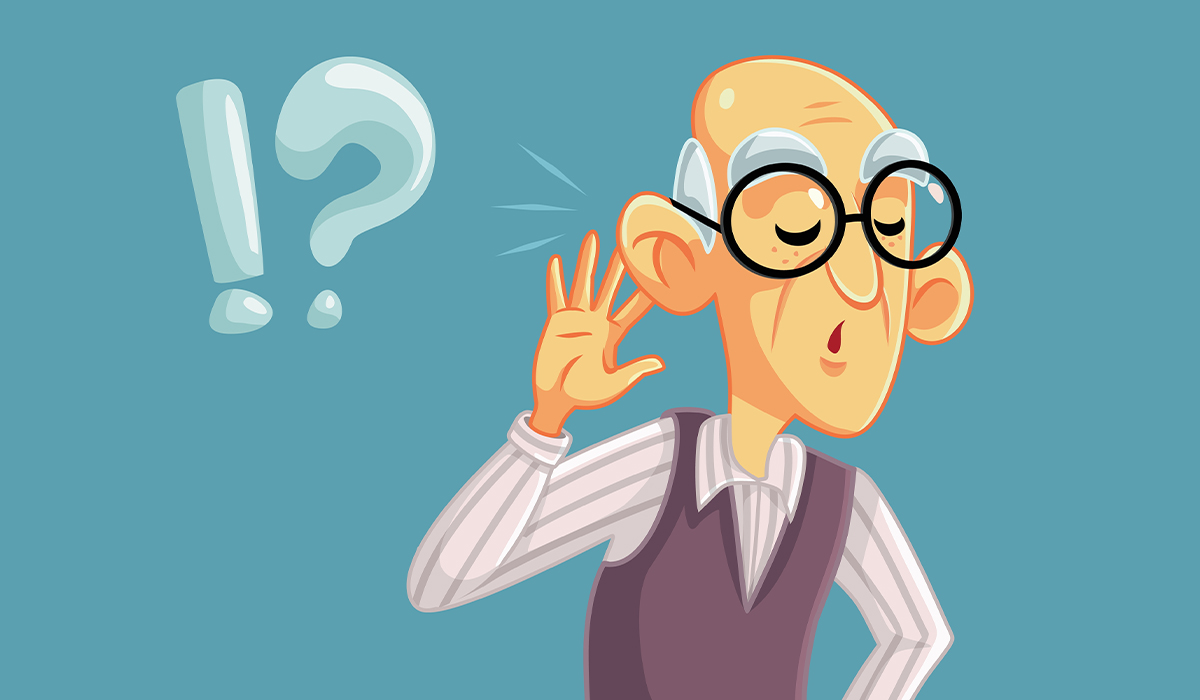
Hearing loss is a condition where an individual has reduced sensitivity to sounds, making it difficult to perceive quiet sounds… read more »
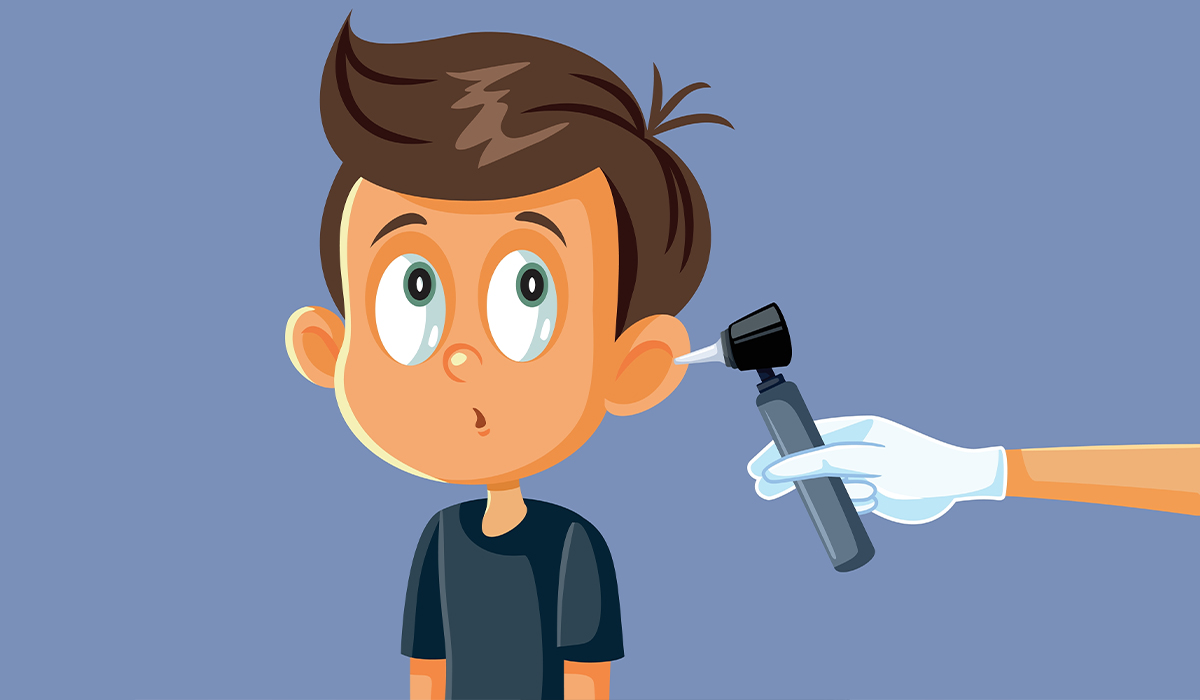
Ear infection can have various causes. Learn how to distinguish types of ear infections, the most common symptoms and treatment… read more »
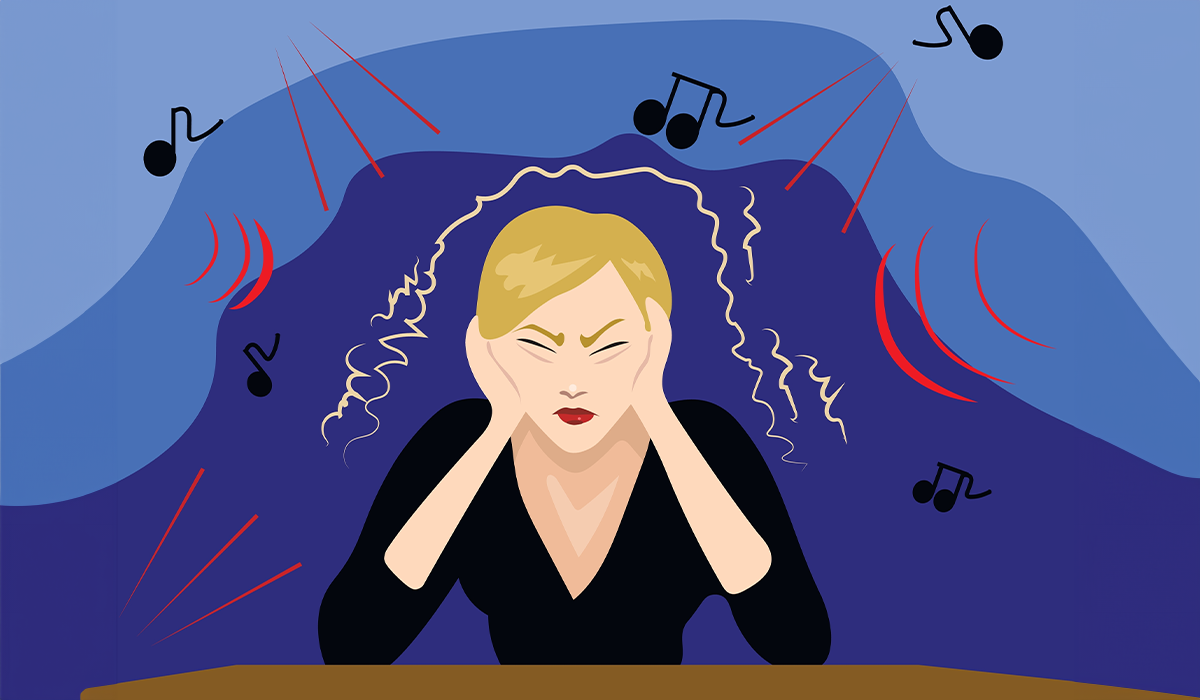
Misophonia is an inappropriately strong reaction to specific sounds. It occurs in many disorders. Learn about the meaning of misophonia… read more »
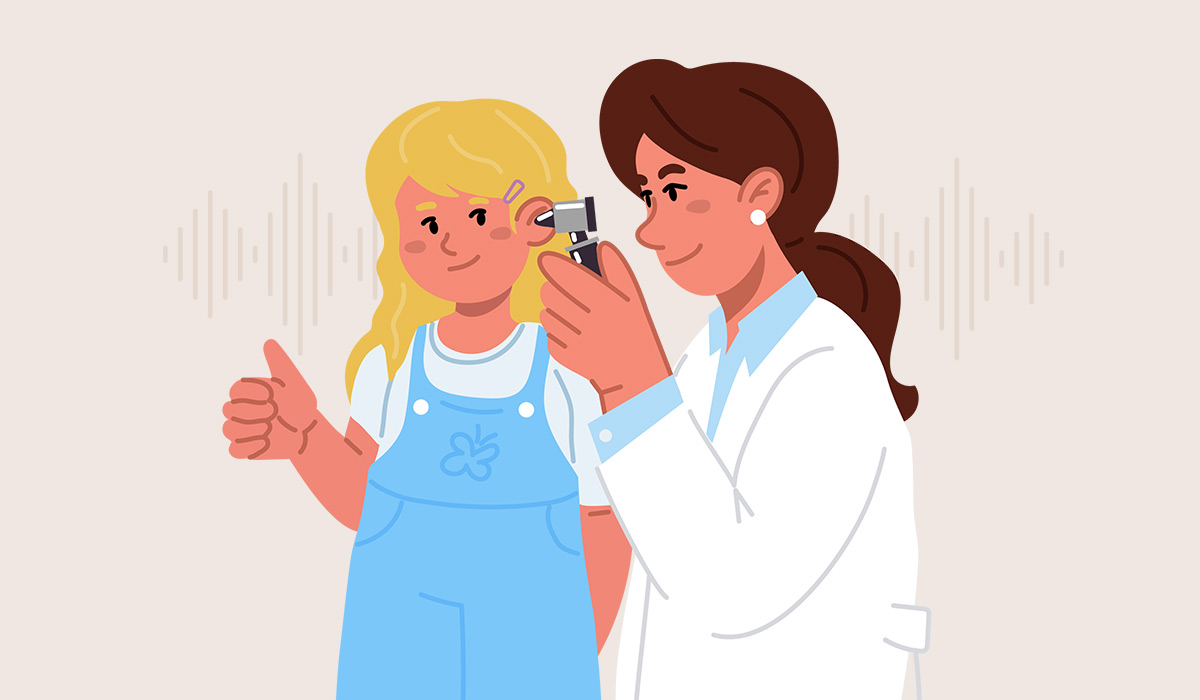
An audiologist is a critical therapeutic master who analyze and treats hearing and adjust issues. Their broad information of sound-related… read more »

An otolaryngologist, too alluded to as an ENT pro, is an critical player within the complex world of medication. This… read more »
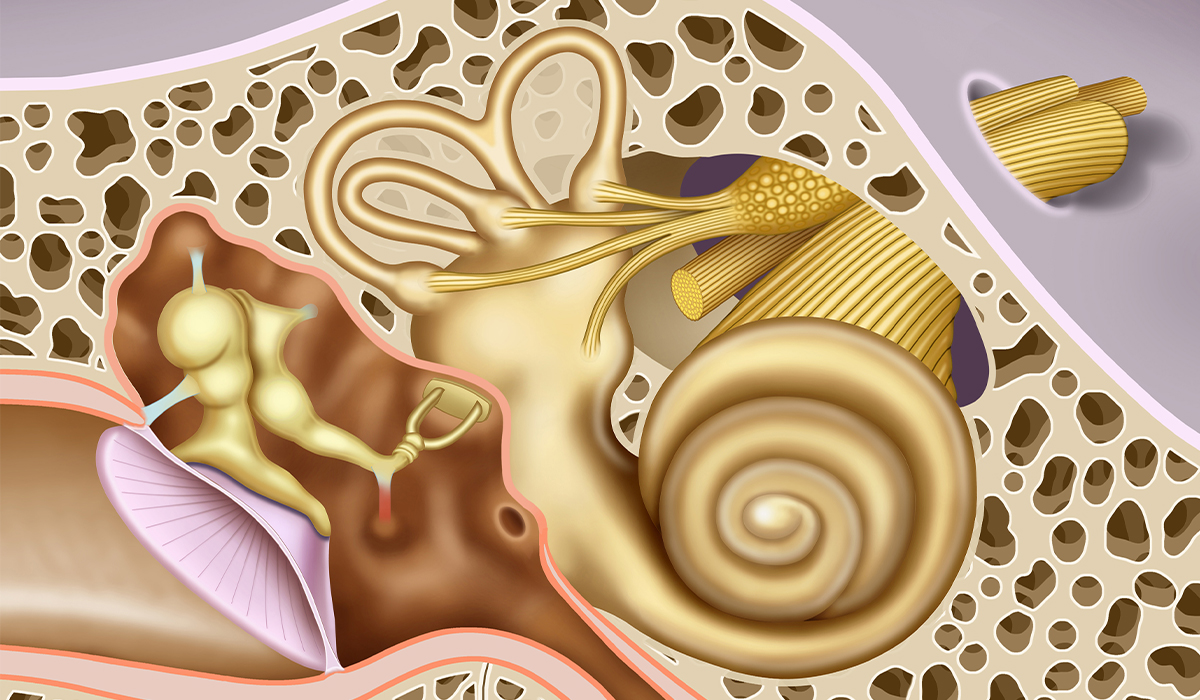
Labyrinthitis is a condition that causes worrying symptoms. Find out what causes inner ear disease. Learn how to recognise alarming… read more »
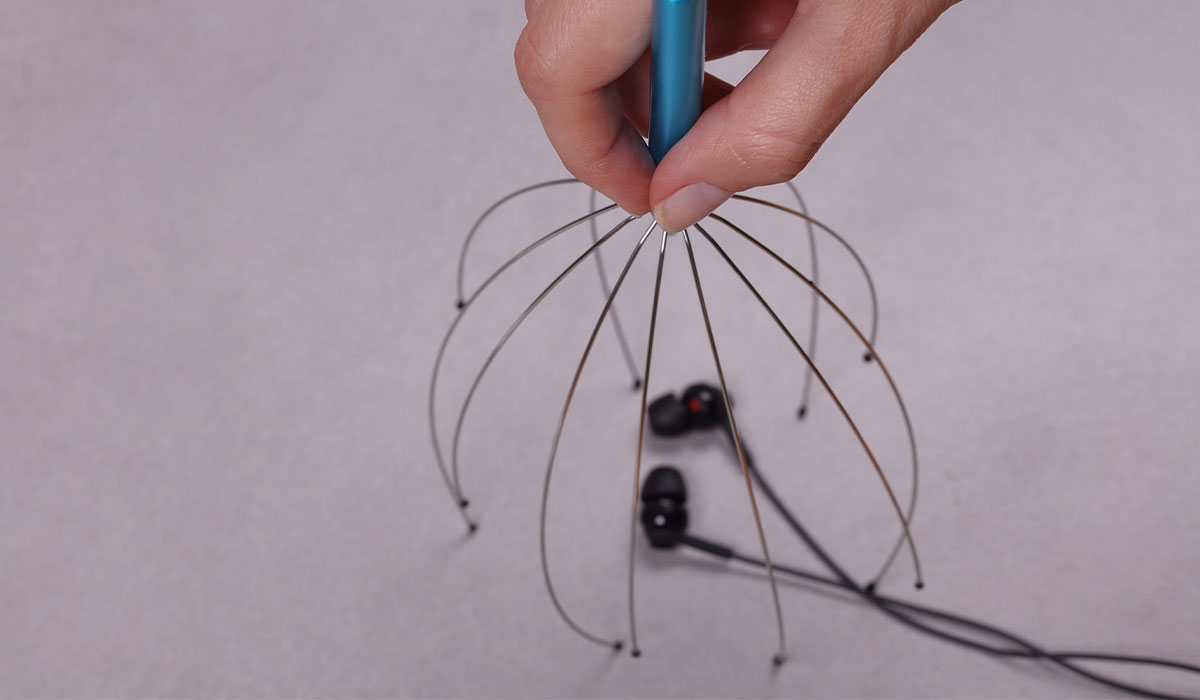
ASMR is the feeling of a pleasant tingling in the body, created in response to external sensory stimuli. What triggers… read more »
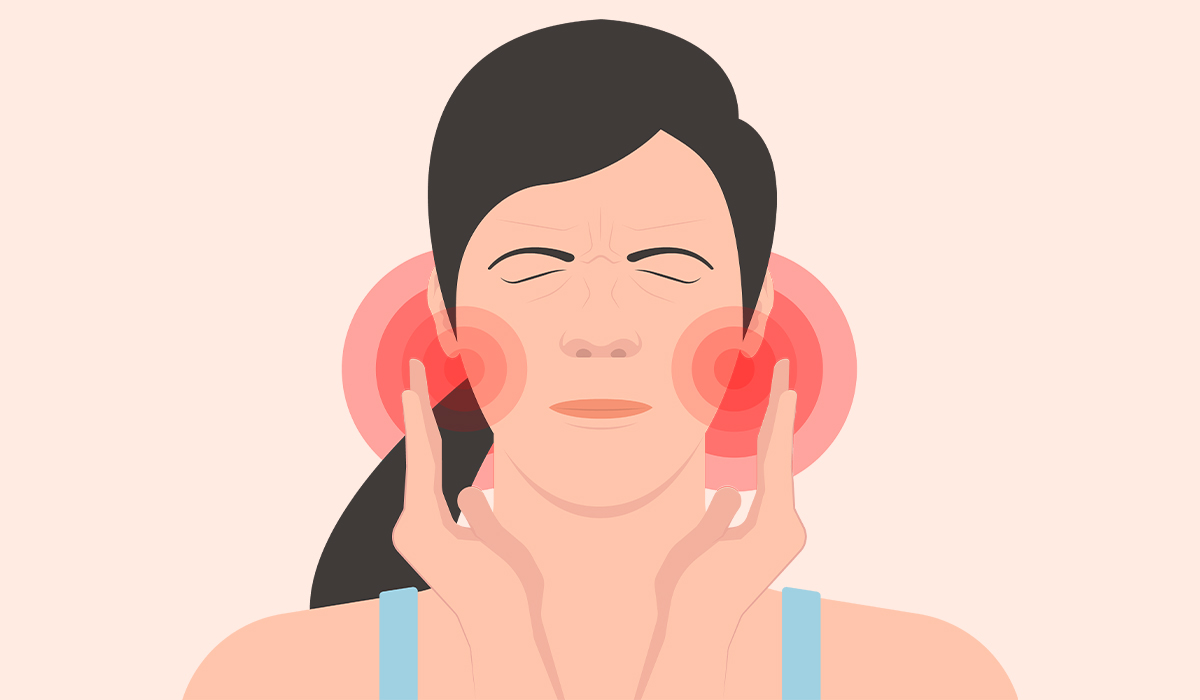
TMJ is abbreviated for Temporomandibular Joint disorder. It incorporates many issues concerning the joints, the muscles of the jaw, and… read more »

Vertigo is the illusion of environment movement. It is usually accompanied by nausea, loss of balance and a feeling of… read more »